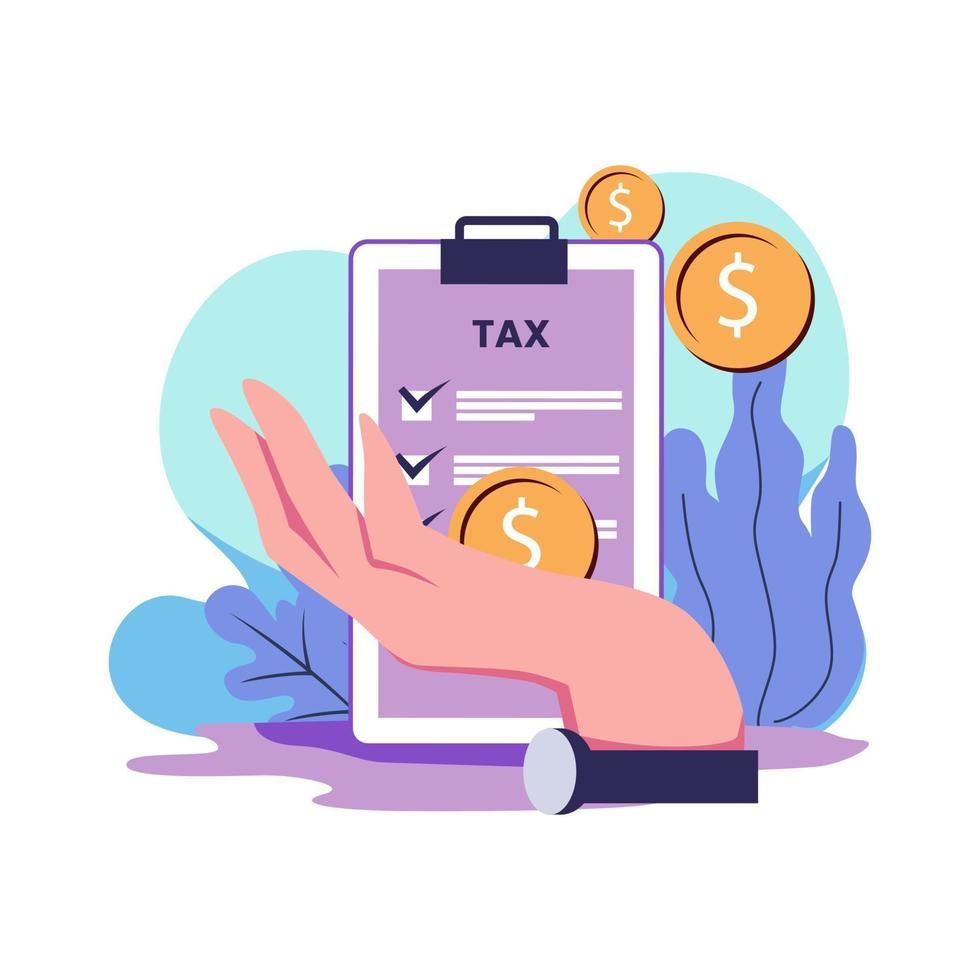Residential Rental Loans – Interest Deductibility, Offset & Redraw Facilities
One of the most common incorrectly claimed deductions against rental property income is interest . If you borrow to purchase a rental property any interest you incur on that loan will generally be tax deductible. But what if that loan has a redraw facility – what happens if redraw against the loan balance? Is the interest still tax deductible? The answer – it depends!
In this instance every transaction needs to be considered because if the redrawn amount is used for private purposes , then the interest deduction needs to recalculated to take into account the now private portion of the loan.
Example :
Bill has borrowed $400,000 to purchase a rental property. The property is rented for the entire duration of the loan. After 10 years the loan has been paid down to $200,000. Bill then decides to redraw a further $200,000 to pay off a second loan not related to the rental property. Now, only 50% of Bill’s loan relates to the rental property. Consequently, only 50% of the interest component will now be deductible against the property’s rental income. This takes effect for remaining life of the loan or until another draw down or re financing has been made.
Every time a redraw transaction is used for a private purpose, the deductible portion of the loan interest must be adjusted.
This is important to consider when thinking about re-drawing to pay for everyday costs such as groceries and bills, as it will continue to result in a lower interest deduction. There are 2 ways this issue can be addressed, so you can continue to maximise your loan interest deduction:
- Do not use your redraw facility to pay for private expenses – not always an easy option.
- Use an offset account rather than a redraw account.
An offset account is a completely separate account which can be used to accumulate savings and excess cash reserves. The beauty of an offset account is it works exactly the same way as a redraw facility, as the balance of the offset account is used to reduce the loan balance when calculating interest.
The main difference though is when you withdraw money from your offset account, regardless of whether this is for a private purpose, it does not affect your ability to claim any interest deduction on the loan. This also means you do not have to do calculations each time a private withdrawal from the offset account (as you would with a redraw facility).
The post Residential Rental Loans – Interest Deductibility, Offset & Redraw Facilities appeared first on Green Taylor Partners.
More GTP Articles






